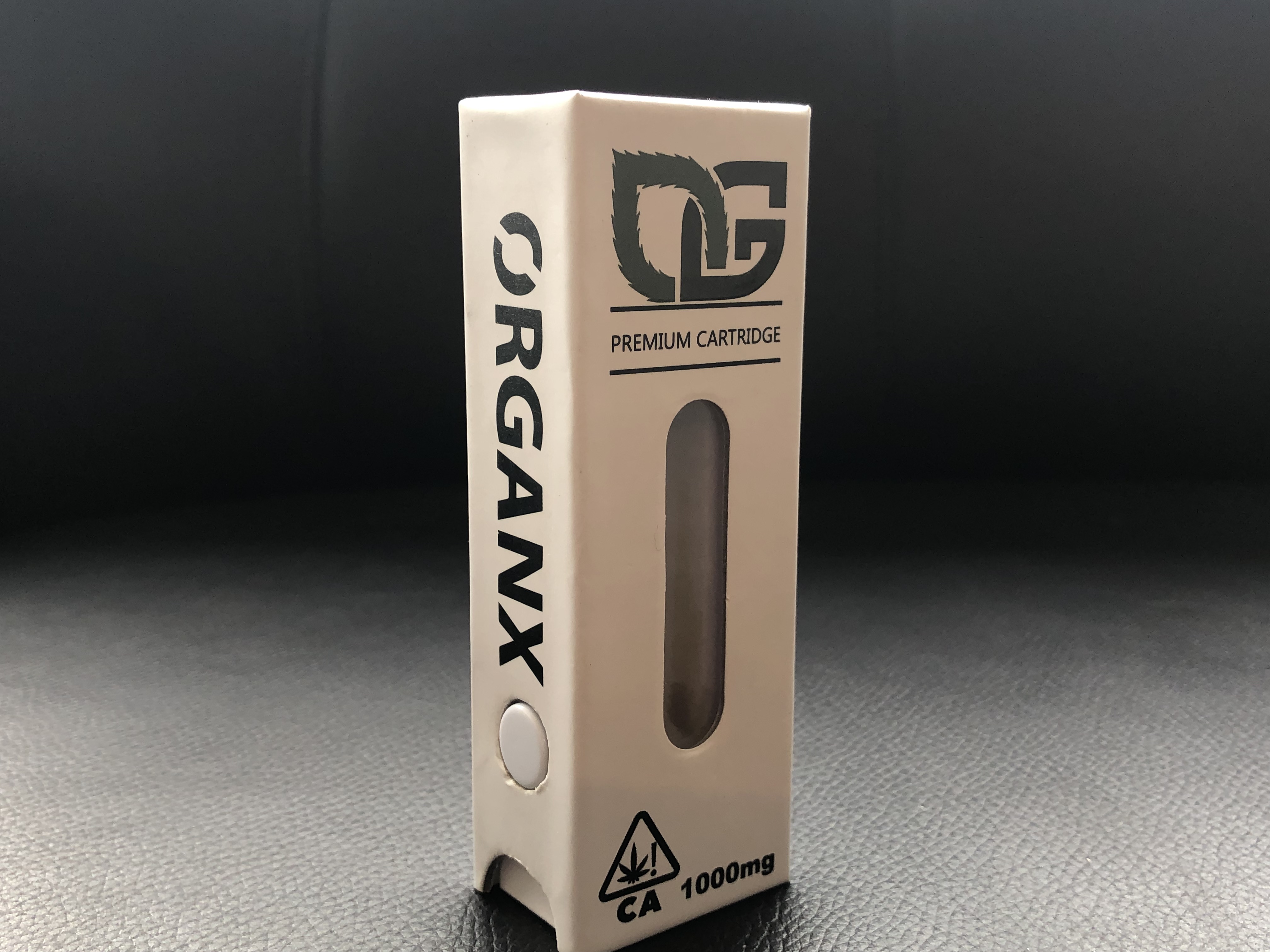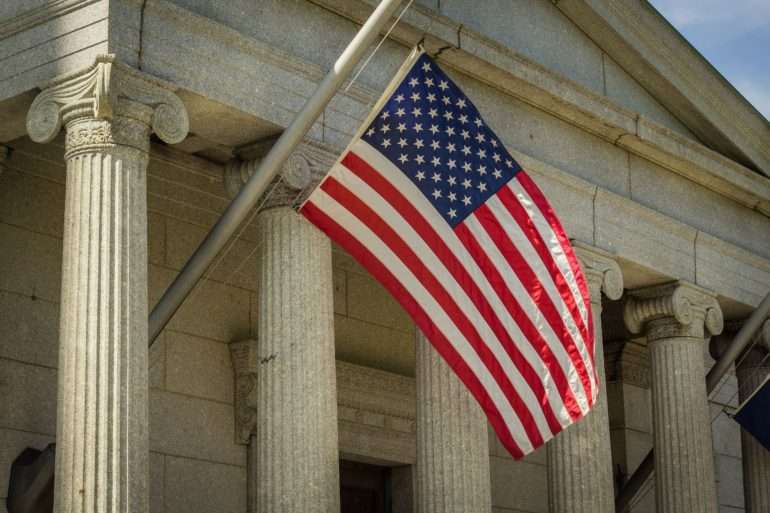New Proposed Regulations Governing California’s Marijuana Industry
Halfway through January, California’s Office of Administrative Law (OAL) approved the state’s final draft of the Cannabis Regulations. This broad set of regulatory rules mandates every detail of legal cannabis activities and, with finally receiving the approval of the state government, any ambiguity surrounding the cultivation, distribution or manufacturing of cannabis and cannabis-related products, should be nullified. Before this announcement, which came one year and sixteen days into actual statewide legalization, California was operating under this same exact set of rules as a temporary solution. This was made possible due to the “emergency rulemaking process,” which was instituted to “meet the legislative mandate to open California’s regulated cannabis market on January 1, 2018,” as stated by the Bureau of Cannabis Control’s news release.
New Cannabis Regulations Take Effect
While the entire set of regulations is ungodly long, RollingStone magazine reports that “the OAL made no substantive changes before issuing their rubber stamp, effective immediately. ”This may not seem like news in itself, but it does come with some pretty interesting caveats. For instance, statewide delivery for all Californians over the age of 21, despite any local ordinances previously implemented, is now 100% permissible. As outlined in Proposition 64, millions of people are now able to order taxed and tested cannabis straight to their doorstep, making California the first state ever to allow the practice. This will likely have a massive impact on the ordering of marijuana online, as this sector of the market is undoubtedly going to boom. One other nail driven into the coffin is in regards to child-proof packaging – and it is here to stay. Sean Donahoe, a cannabis industry consultant, and business mogul was quoted in a Leafly article as having said, “This settles the packaging debate for now.” Along the same vein, any advertising techniques that may be attractive to minors or supplies free cannabis goods is still illegal. That means no free samples.

Taxes aren’t going to change either.
Californians can still expect to shell out 15% sales tax on all purchases regardless of quantity. Cultivators will pay their accustomed $9.25 per ounce of flowers and $2.75 per ounce of leaves sold to retailers. On top of this, only cash will be permissible for all transactions, unless it is linked to a privately funded state bank, which some dispensaries are beginning to do in the Los Angeles area. I know of one dispensary in Long Beach that accepts debit cards which took me by surprise.
Failing marijuana testing labs cause recalls
Sequoia Labs based in Sacramento, CA was recently shut down due to falsifying reports and resulting in a recall of product from numerous dispensaries in Northern California and as a result new and stricter enforcement of testing is already taking effect. Recently even Michigan state’s Department of Licensing and Regulatory Affairs had to issue another recall of medical marijuana products that failed laboratory testing. The associated press reports that “Industry officials have complained that the state rules force growers and manufacturers to hit too tiny a target when gauging levels of THC in products.”
The new regulations require the THC concentration to land within 10 percent of what is on the product label, some company executives are allegedly having their products rejected due to falling outside the margin by minuscule amounts. This is primarily a problem for low dosage products, as the margin for error is shrunk. The MotleyFool.com, states that “The arduous process of obtaining retail licenses has slowed the opening of cannabis dispensaries in California.” On top of this, swaths of closures are taking place across the state as just on January 31, the Desert Sun accounts that 10 Riverside County dispensaries were raided and closed for operating illicitly.
RELATED: CANNABIS 101: WHAT ARE TERPENES AND THEIR BENEFITS
Navigating the new cannabis regulations
“It’s an unfair business practice for the ones that are operating legally,” said John Hall, spokesman for the district attorney’s office. As a result of the raids, it is reported that authorities seized around 90 pounds of cannabis and edibles. The news article states that the closures resulted from the dispensaries not being licensed to sell marijuana. In the end, what this really accomplishes is a solid structure regarding rules and complete dismissal of any uncertainty revolving around the legal cannabis industry. This should, without a doubt, result in more storefronts opening, a broader array of products being offered and a laxation on services provided (i.e., delivery, online ordering, in-store pickups, etc.) The article mentioned above also states, “Final rules give cannabis business operators increased certainty. That’s good because uncertainty has been the death of thousands of businesses.”

The Cannabis Black Market
It is hard to predict how this solidification of 300+ pages of regulations will affect the black market. Patients and consumers will be paying steeper prices if they want to legally acquire their marijuana from dispensaries which could make black market more appealing due to their better pricing. One of the most significant contributing factors to the growth of the black market most likely doesn’t lie in California but instead resides within the neighboring states where cannabis is still illegal. Forbes published an article titled, “Marijuana Legalization Makes Black Market Better In Prohibition States.” The report sheds light on the growing black market in neighboring states that have yet to legalize cannabis but also highlights that more dialogue has been started about the prohibitive stance on marijuana. Even in the bible-belt states like Missouri now allow medical marijuana purchases, and that is a decisively Republican state who only ten years ago surely would have never considered Amendment 2 to their state constitution.
RELATED: FAST AND EASY CANNA-BUTTER: THE ONLY WEED BUTTER RECIPE YOU’LL EVER NEED
What Does This Mean for Medical Marijuana?
Convenient services for patients and consumers like home delivery are starting to look more promising. Weedmaps.com is already beta testing online orders for delivery and pickup through their app, followed by startups like Eaze and Iheartjane.com more companies are looking to join the growing cannabis delivery service. Medicinal marijuana has been legal since Proposition 215, the “Compassionate Use Act,” passed in 1996 and Proposition 64 legalized recreational marijuana in 2018. The legislature passed the “Medical and Adult-Use Cannabis Regulation and Safety Act,” creating a combined regulatory system for both medical and recreational marijuana. With the finalization of the new regulations, not much is going to change in terms of what medical patients can and cannot do but you might see the difference when you pay.New Proposed Regulations Governing California’s Marijuana Industry




